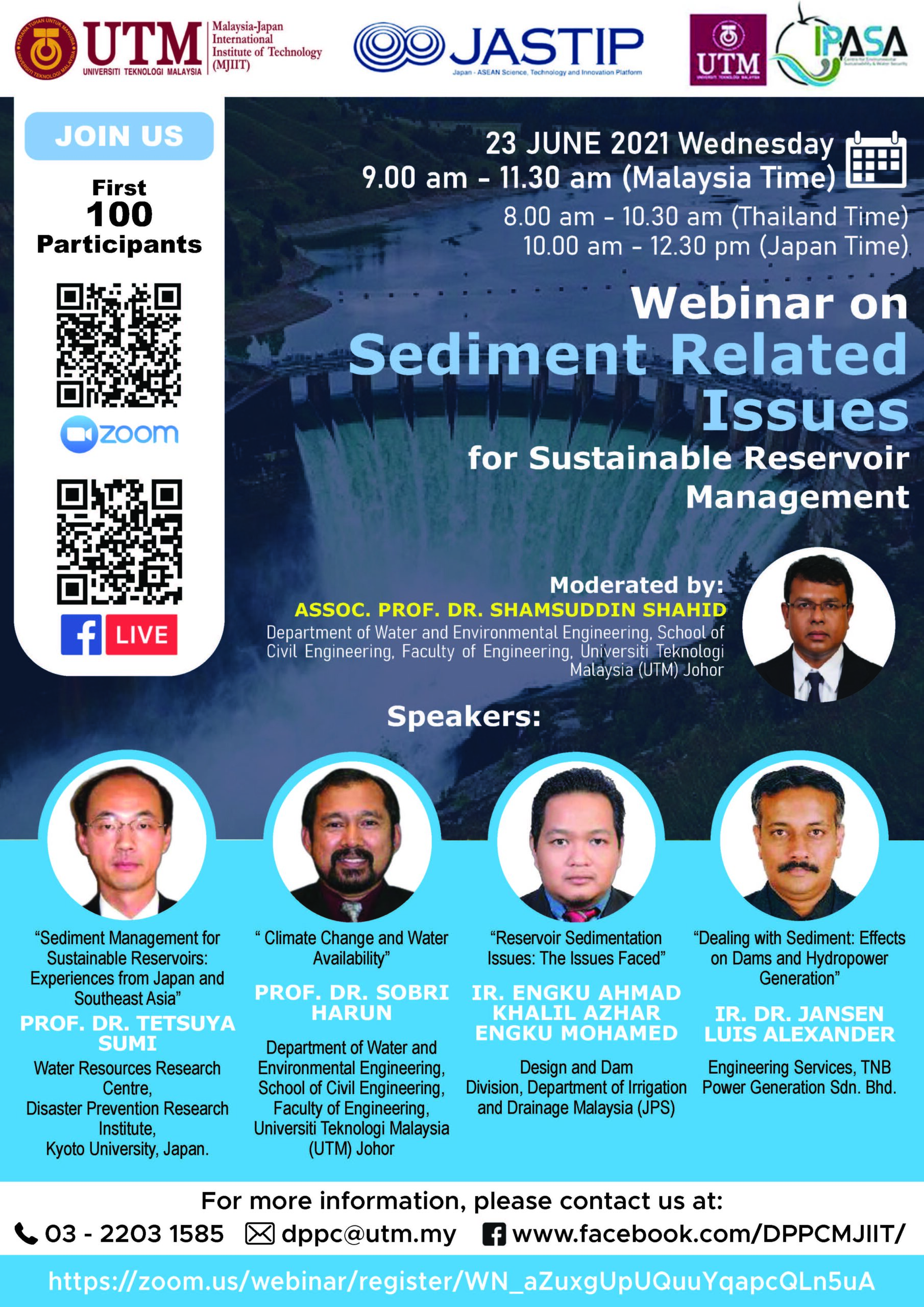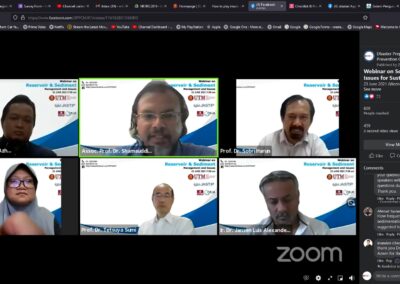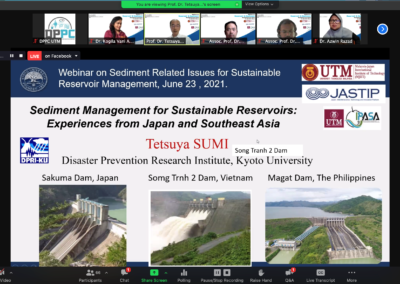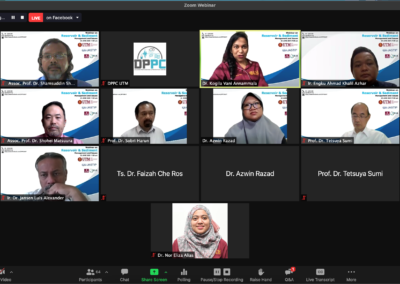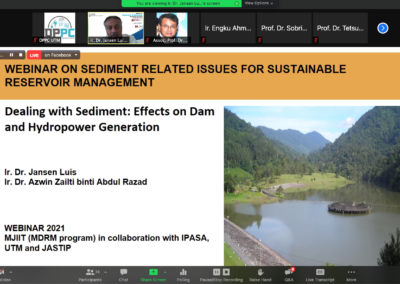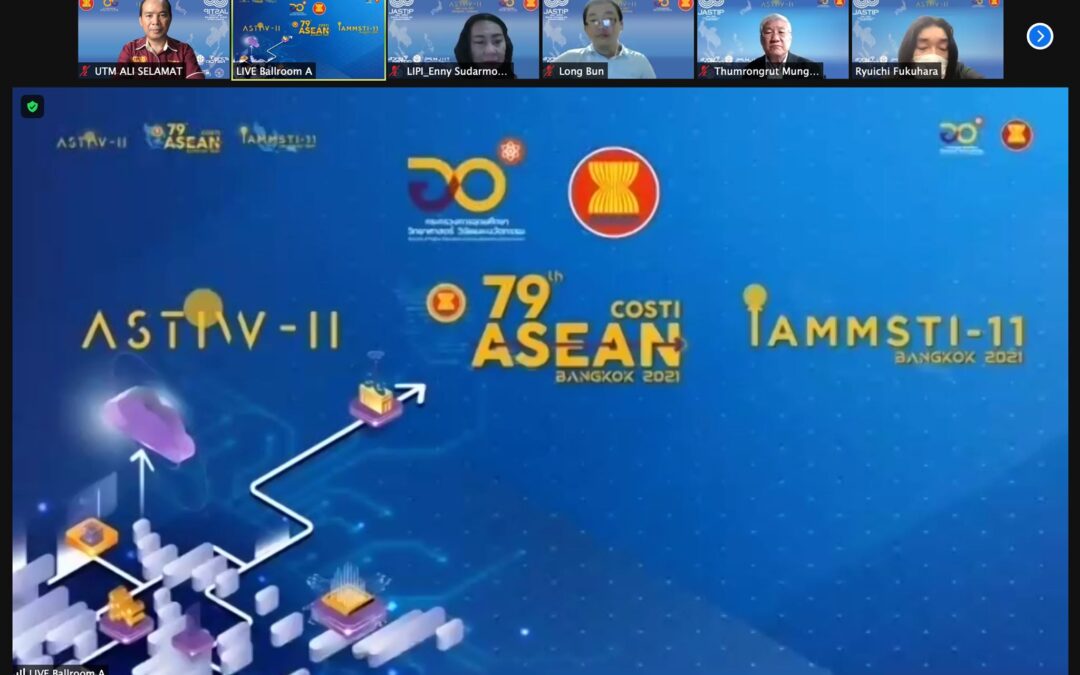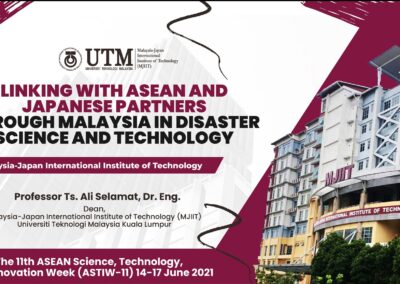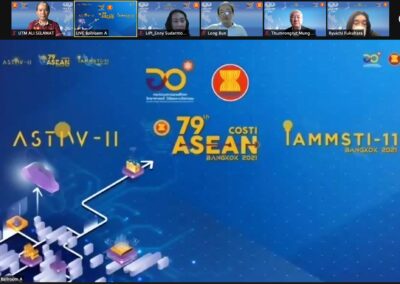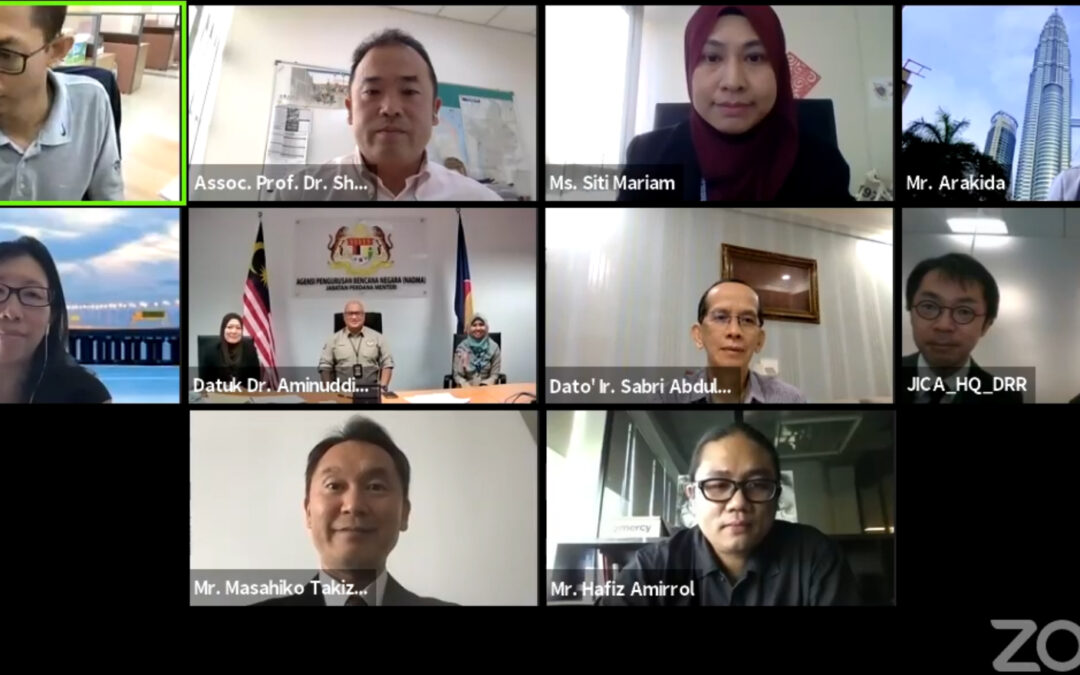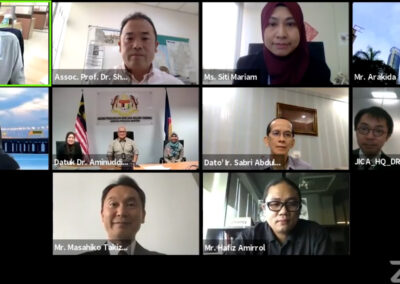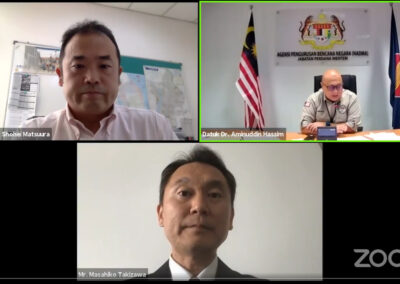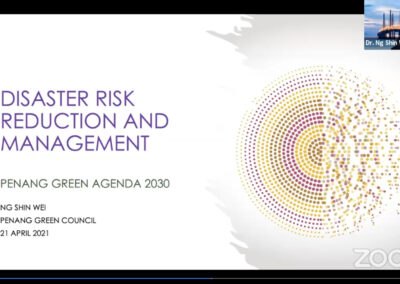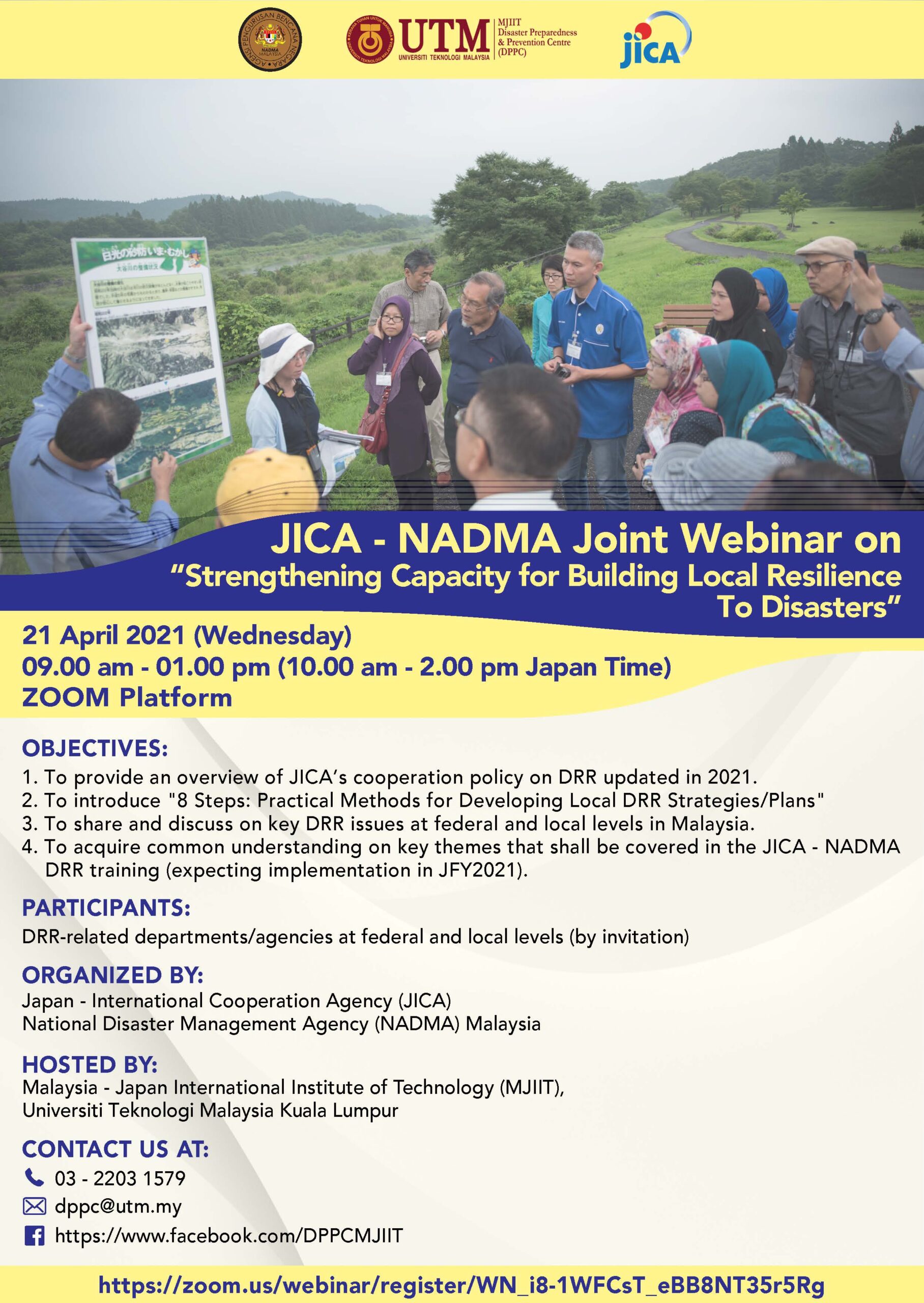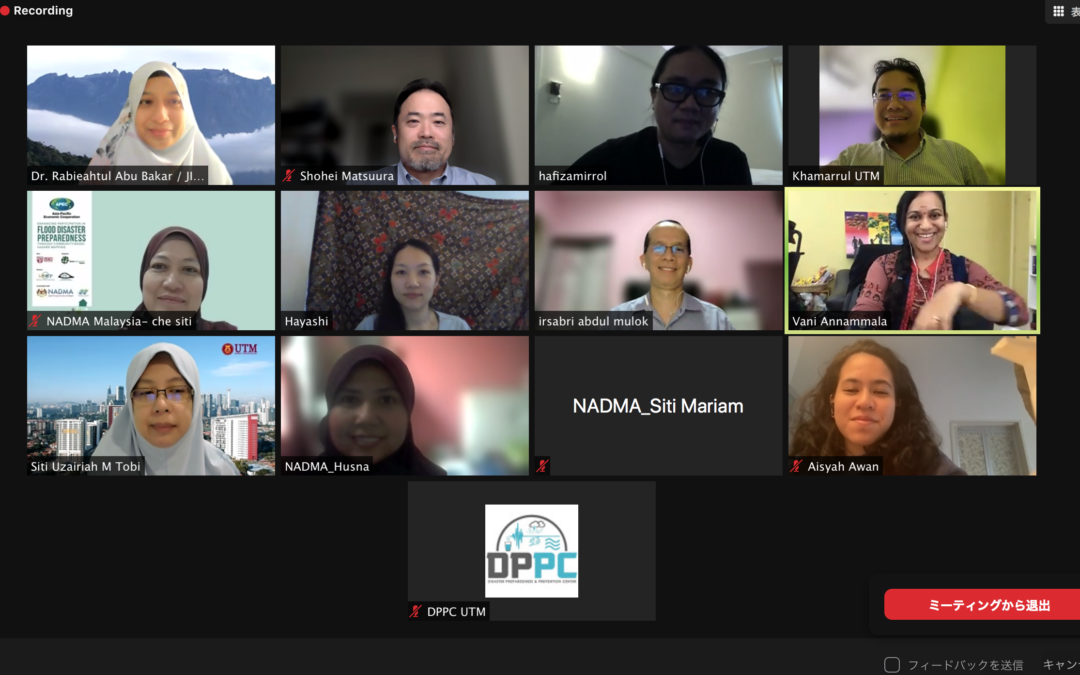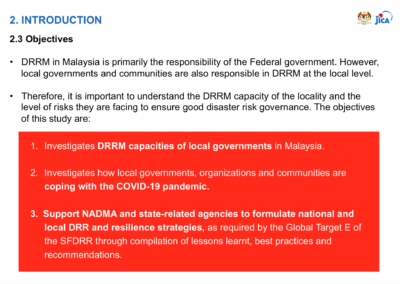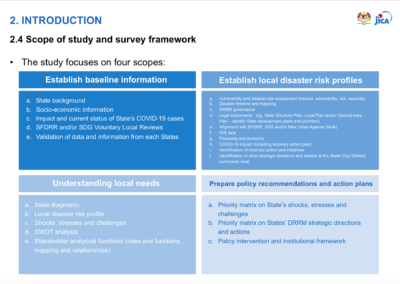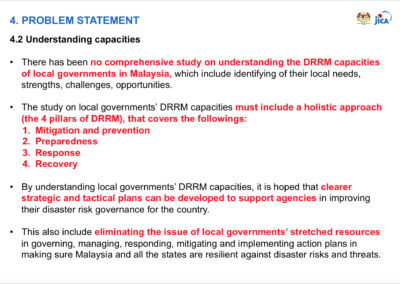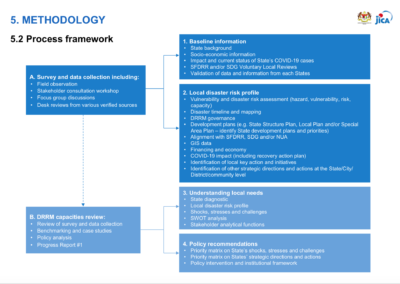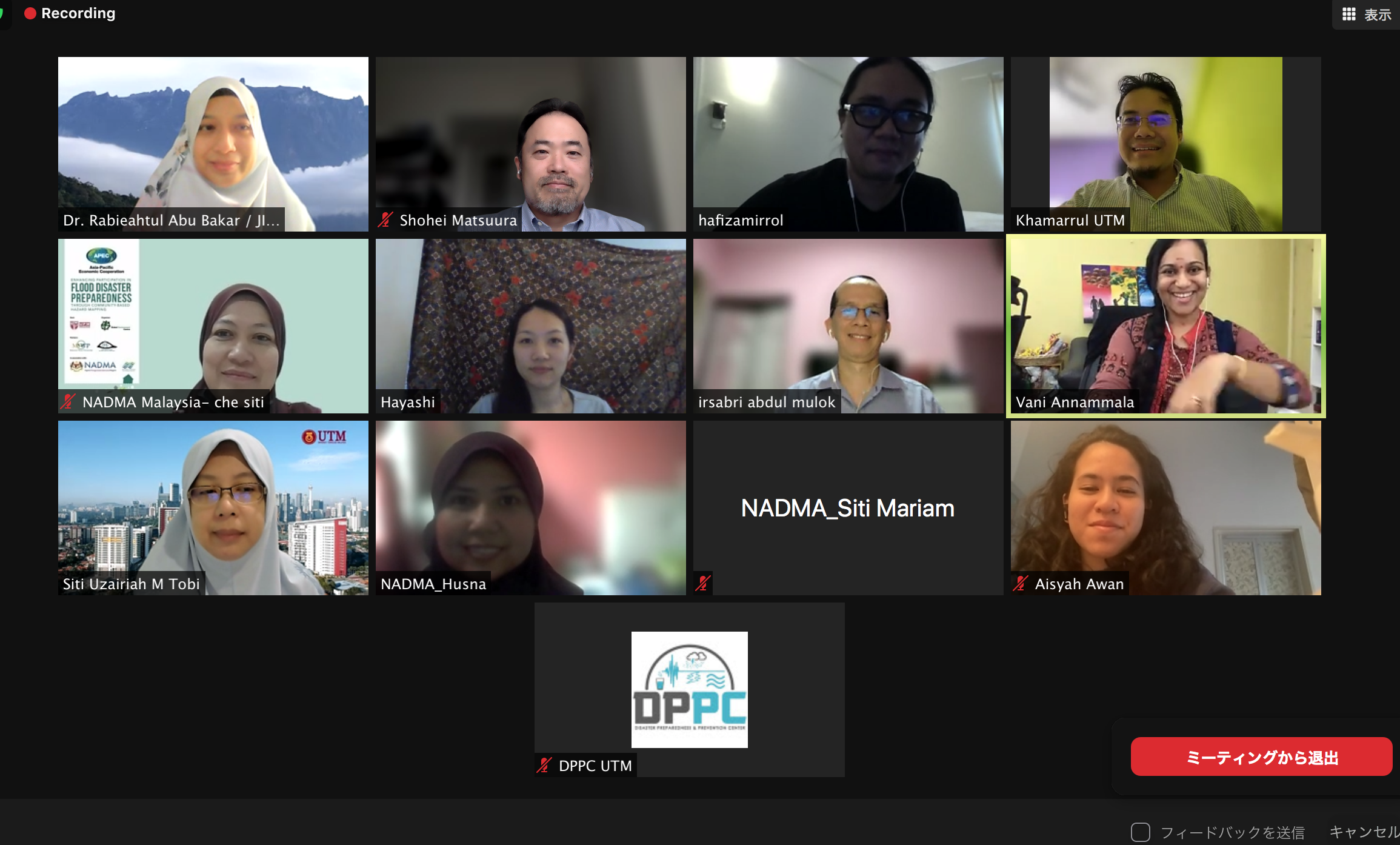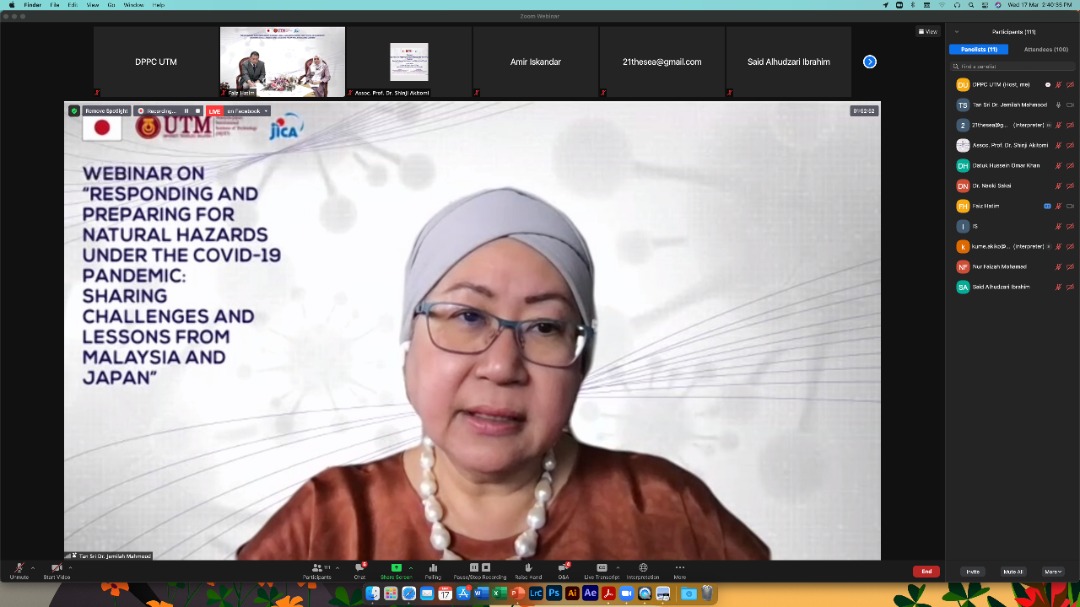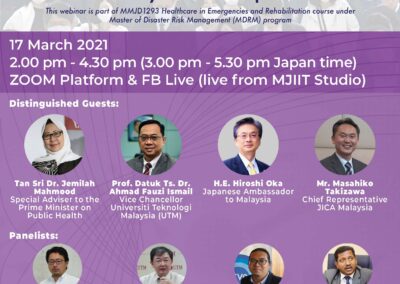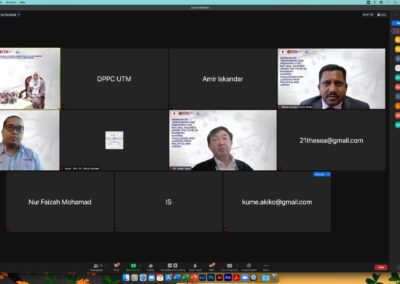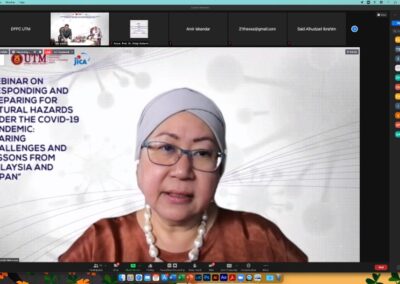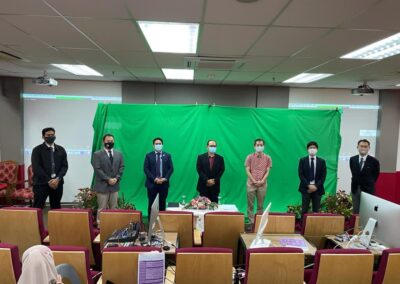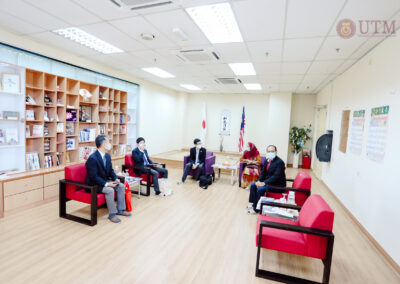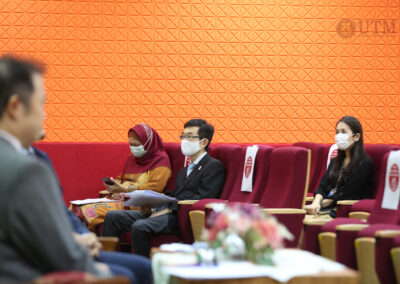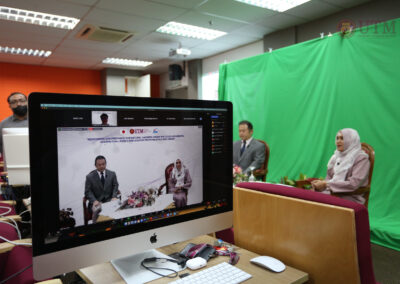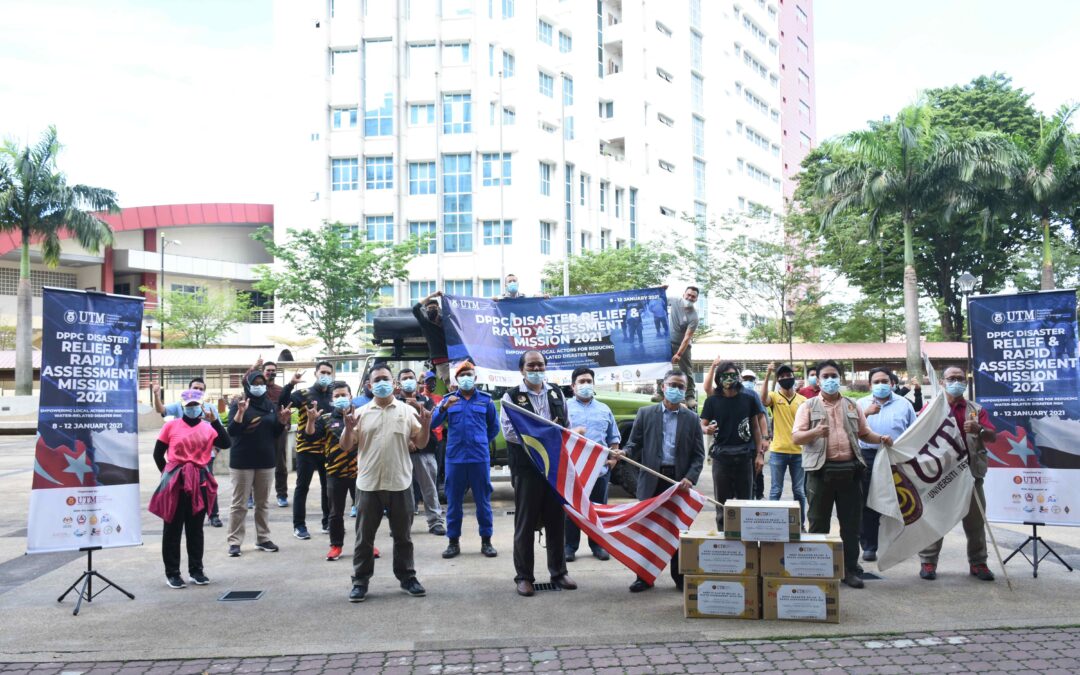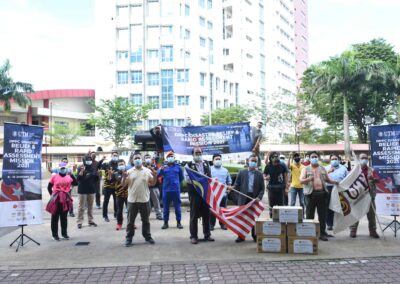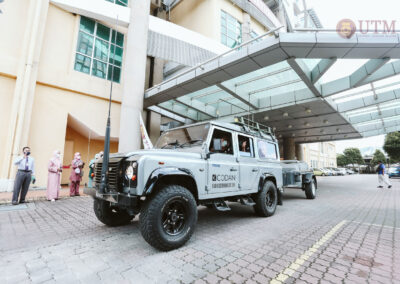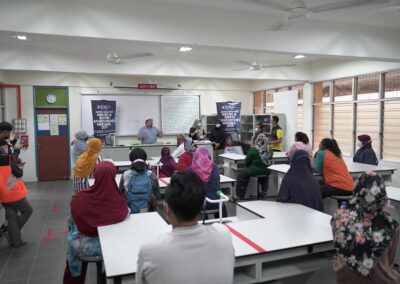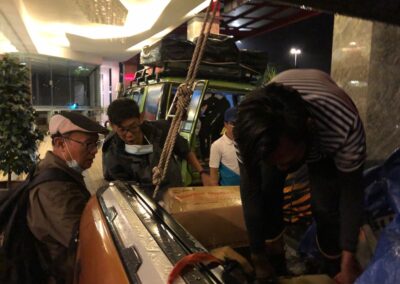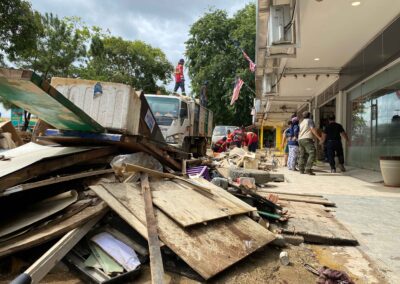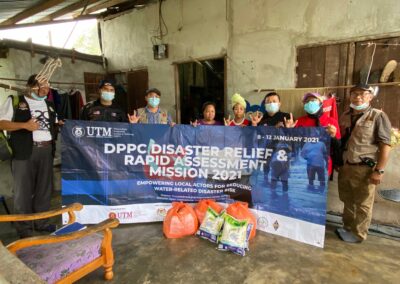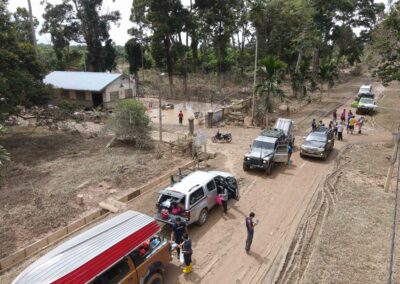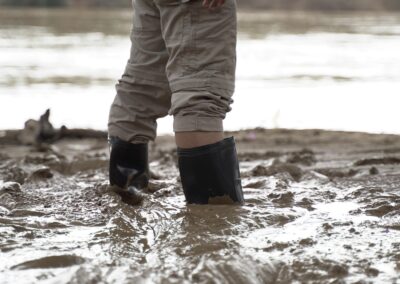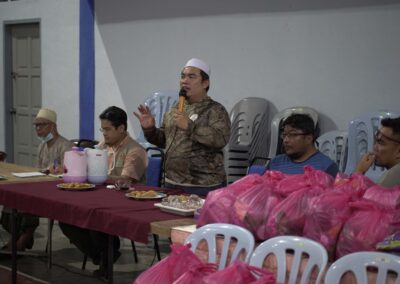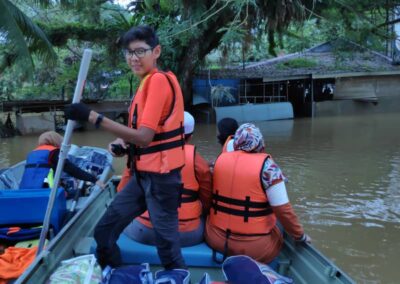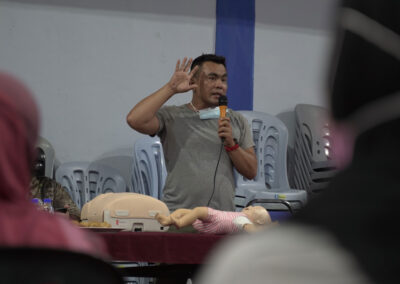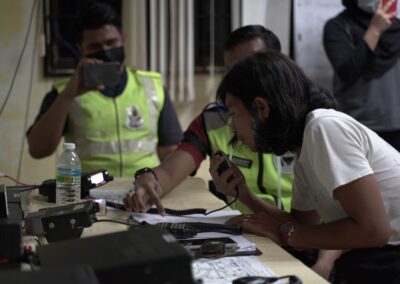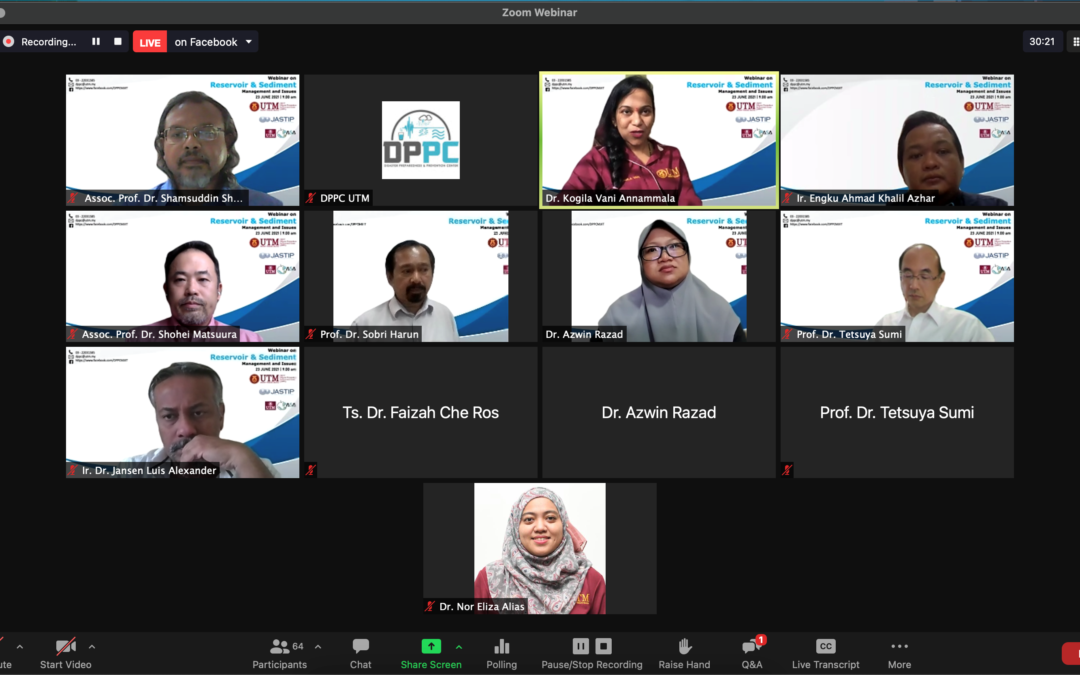
Webinar on Sediment Related Issues for Sustainable Reservoir Management
On 23 June 2021, MJIIT together with JASTIP and IPASA organized the Webinar on Sediment Related Issues for Sustainable Reservoir Management that invited Prof. Dr. Tetsuya Sumi of DPRI, Kyoto University who is a MDRM lecturer for the River System and Management (MMJD1223) course as the keynote speaker.
Dams and reservoirs help ensure the stability of water and energy supplies and flood control. However, reservoir storage capacity, essential to meeting these purposes, has been declining as reservoirs fill with clay, silt, sand, gravel, and cobble sediment in a process known as reservoir sedimentation. Uncontrolled land use in the upstream, such as deforestation, causes landslides to occur, indirectly causing sedimentation in the reservoirs that significantly affect their lifespans. Thus, problems related to sedimentation must be solved to ensure the reservoir remains in operation through its designed lifetime.
The webinar highlighted these issues, including water quality and sedimentation issues associated with reservoir management and operation. It discussed the issues and possible solutions observed through both research and field experience in Japan, Malaysia and other ASEAN countries and shared among the stakeholders in government and academia for suggesting future steps to solve sediment issues for sustainable reservoir management.
Specific objectives were to:
- Share experiences from ASEAN countries including Malaysia and Japan by academic experts & local government on reservoir sedimentation management.
- Discuss the current issues and gaps faced with regards to reservoir sedimentation.
- Suggest solutions and the way forward through knowledge sharing and transfer between government entities and academic researchers.
Other speakers consisted of Prof. Dr. Sobri Harun of Department of Water and Environmental Engineering, Faculty of Engineering, UTM Johor, Engineer Engku Ahmad Khalil Azhar Engku Mohamed of Department of Irrigation and Drainage (DID) Malaysia, Engineer Dr. Jansen Luis Alexander of TNB Power Generation Sdn. Bhd.
The webinar was participated by 178 practitioners, researchers and students from Malaysia, Japan and ASEAN partner institutes.
The recording of the webinar can be seen on DPPC’s Facebook page or DPPC Youtube Channel
